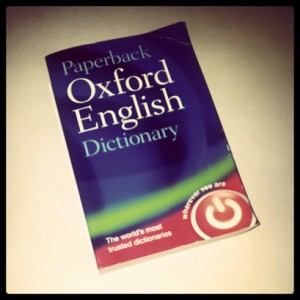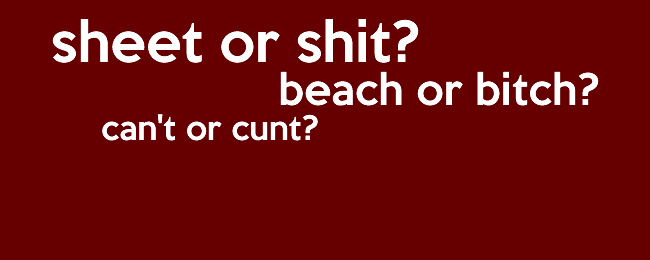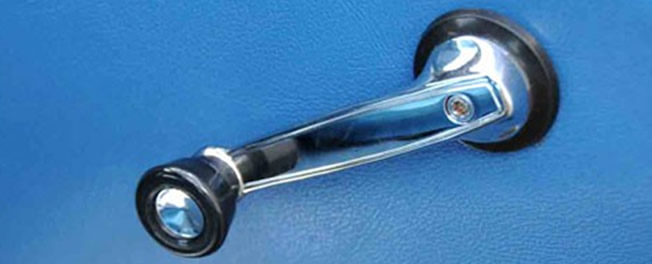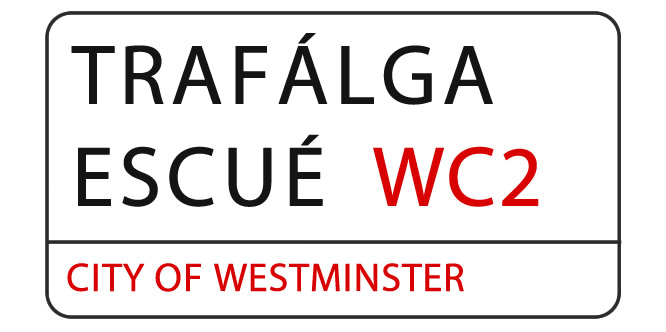
Y ¡qué decir de los diccionarios de inglés! Evidentemente el cajón no es su sitio, pero más allá de eso ¿cómo puedes saber si el que tienes es el adecuado a tu nivel y a tus necesidades? ¿Deberías, tal vez, comprar otro distinto?
Estas dudas, así como un poquito de historia (por supuesto, en inglés) las podéis encontrar en el siguiente texto.
What dictionary should I buy?
This was probably not a question you would have asked yourself in the 1700’s as the choice back then was slightly more limited than it is today. Samuel Johnson’s A Dictionary of the English Language (1755) was the first reliable and definitive English dictionary and it remained the most trusted version for 150 years. It was however not the first English dictionary as this honour goes to Robert Cawdrey who wrote A Table Alphabeticall in the early 1600’s. While Samuel Johnson’s book was the most popular for some time it was eventually replaced in the late 1800’s by a series of more comprehensive publications from the Oxford University Press.
The Age of the Dictionary follows these developments. Check it out.
Dictionaries have come a long way since then with an inexhaustible supply of words, references and grammar available instantly online or on our mobiles. It is however still important to possess a quality dictionary in book form, if only to appease your teacher when he is questioning you about why you are using your mobile phone in class.
Should I buy a monolingual or bilingual dictionary? While a bilingual dictionary (eg. Spanish-English) can be a valuable tool when you begin learning English; it is advisable to have a monolingual (English-English) dictionary if you wish to progress quickly. There are some obvious advantages and disadvantages to both but a good monolingual dictionary will enrich your knowledge of vocabulary, idiomatic phrases, phrasal verbs and should also give you plenty of examples of new words in a variety of contexts.
A dictionary is a great tool whether you are using a traditional, online or electronic version. A dictionary can be used for so much more than simply finding the meaning of a word. It is essential for understanding the pronunciation, etymology, synonyms, antonyms, verb/adjective + preposition combinations, common language usage and grammar.
A good dictionary should also contain the phonetic transcription of each word. If you, like a lot of native speakers struggle to understand the phonetic symbols, there are many free mobile phone applications (Macmillan Sounds app) or online resources that will help you to pronounce the sound . Here is a useful link to the bbc audio chart.
http://www.bbc.co.uk/worldservice/learningenglish/grammar/pron/sounds/chart.shtml
Some of the more popular online dictionaries include Oxford Dictionaries Online, Oxford University Press, Cambridge Dictionaries Online, Merriam-Webster Online, Longman and Macmillan.
Buying a good quality dictionary is essential if you are serious about improving your English. Spending a little bit extra now will save you money in the long run. Top publishers such as Collins and Oxford are always a reliable buy.





